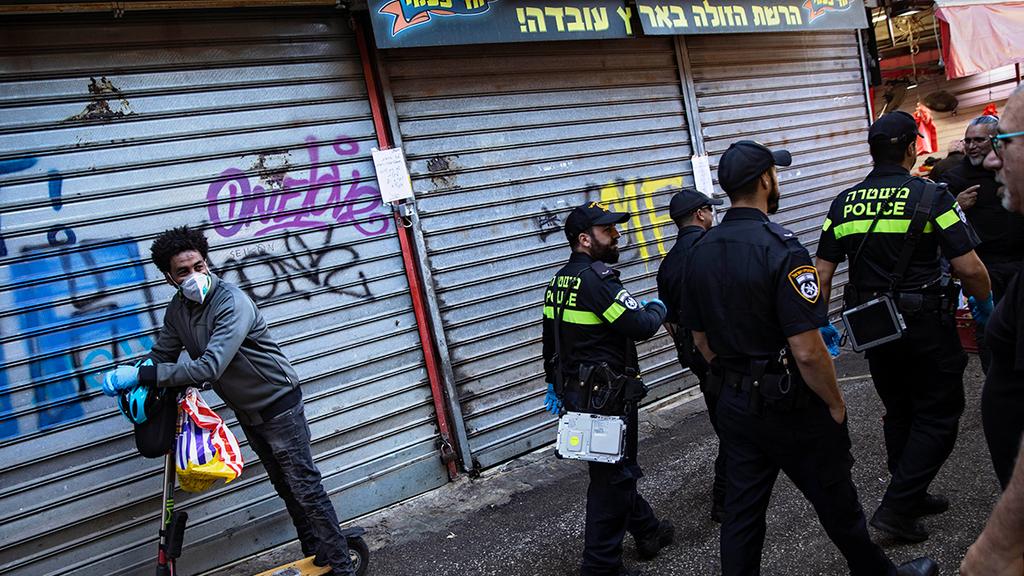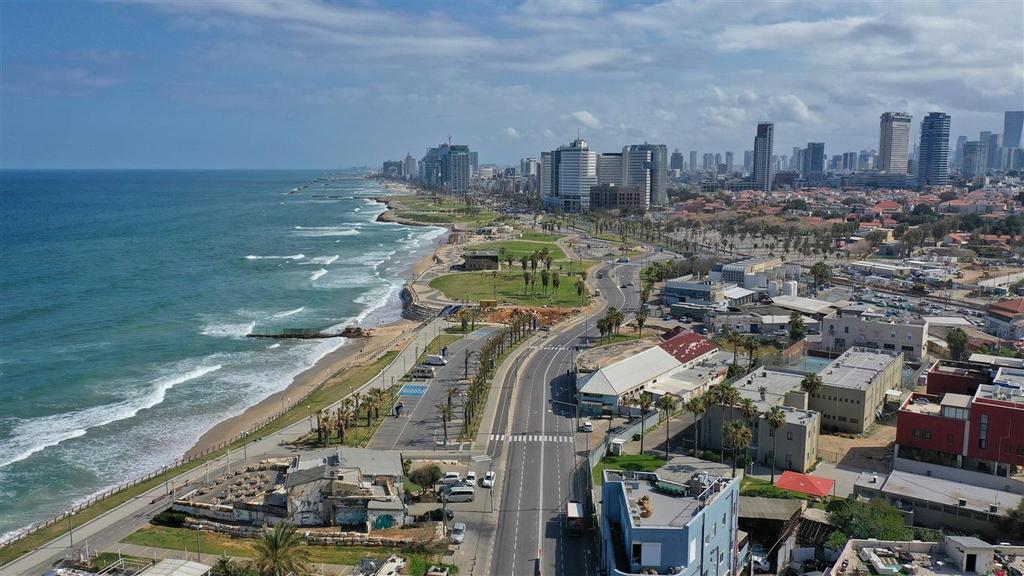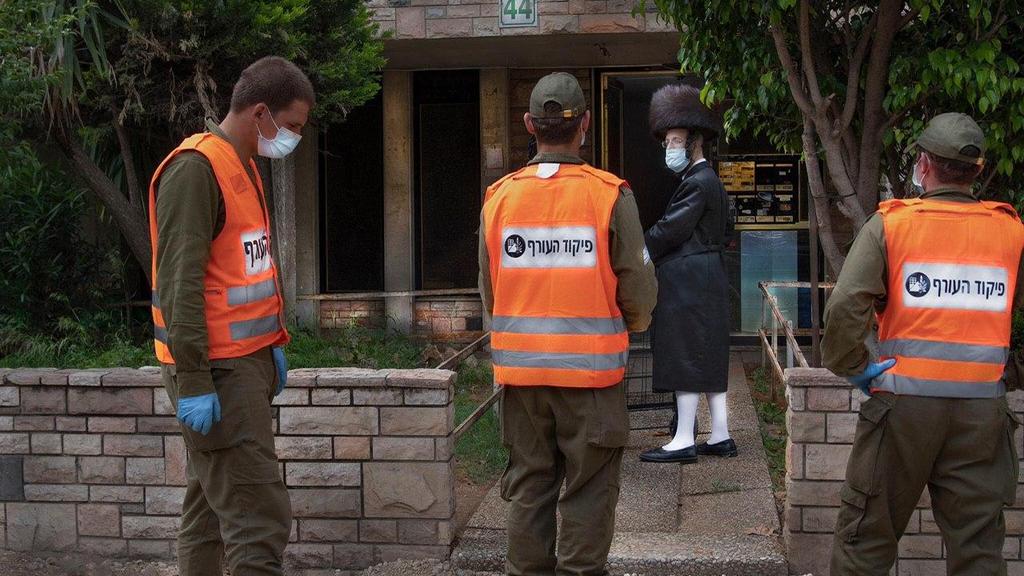Over the last few days, perhaps due to the festive spirit of Passover, there has been a lot of talk regarding the return of the Israeli economy to normalcy, as if by the end of the festival the coronavirus will simply vanish along with the matza and holiday crockery.
But within these seeds of hope sown into the public discourse, there is more danger than benefit.
The hope spread among the public will surely evaporate quickly, as over the next few months as Israel prepares to face nothing that can be perceived as a routine.
It seems at this point that the coronavirus is here to stay, at least for the next few months - if not years - and it will force us adapt to a new routine that is entirely alien to what we know as real life.
Any changes made to the current isolation regulations could cost us dearly by increasing infection rates - and fatality rates.
Living in the shadow of the coronavirus will surely have its highs and lows: the emergency regulations will ease up and then tighten again, and so on.
The wishful thinking on the part those hoping to steer the economy back to normalcy after Passover is understandable, yet such a move could have severe repercussions on public health.
And so before an attempt to normalcy is made, we must first improve our measures of fighting the virus: This means improving the method by which we track down confirmed cases and all those they came into contact with, simply in order to prevent a string of infections.
The number of daily tests must also be increased, coupled with the quick isolation of those who were found to carry the virus and those they came into contact with.
We must also make greater effort to safeguard the elderly, as they are the most vulnerable; any future scenario must include their almost complete isolation and way to cater to their needs.
There must also be stricter enforcement for those who break isolation restrictions, because without effective enforcement, we cannot hope to effectively contain the spread of the virus.
Finally, and no less important, we have to help businesses operate remotely. The state has a moral obligation to minimize the blow to businesses owners - those whose source of livelihood has been ripped out root and stem and are paying a heavy price to ensure we all stay safe.




